What Are The 5 Components of A Balanced Diet? Healthy Diet Is A Must

Who does not want to be healthy, younger and free from disastrous disease? Who doesn’t like longer life? No one on the earth, right? Then why do we all overlook the basics and requirements when we add something to our plate or put it on the dining table. Reasons could vary from one to another, including long and hectic patterns of the day, financial conditions, availability of healthy items to your nearest location, and attraction towards junk and unhealthy foods. Well, to live longer, healthier and happier, humans need a balanced diet. A balanced diet includes foods from all major food groups in the proper quantities to provide optimal nutrition to the body.
People usually get stuck on why is diet and nutrition important? A nutritious or balanced diet is important because it promotes a smooth pregnancy and growth process, anti-ageing, aids in body weight maintenance, and lowers the risk of chronic disease, which all enhance general health and wellbeing.
Components Of A Balanced Diet
Multiple individuals understand the importance of eating a balanced diet, but putting it into practice can be challenging. First, familiarize yourself with the components required for a healthy, balanced diet, then try to add them to your eating routine. We have picked five major components of a balanced diet for you such as:
- Carbohydrates
- Vitamins and Minerals
- protein
- fats
- water
These components are detailed here; you can improve your eating habits by going through the below-discussed components of a balanced diet.
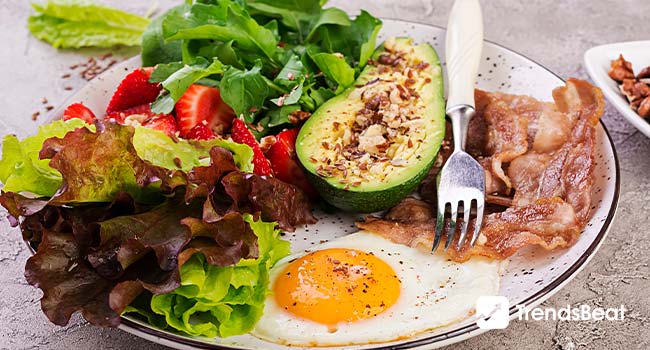
Carbohydrates
Carbohydrates are one of the most nutritional components of balanced diet components. These are one of three macronutrients that your body requires on a daily basis, along with proteins and fats. They are an important source of energy, accounting for around 60% of a person’s diet. Fibers, starches and sugars are the most standard and fruitful types of carbohydrates.
Complex carbohydrates are commonly referred to as starches. Legumes, grains and starchy vegetables such as potatoes and corn possess them. Simple carbs include sugars. Natural sugars can be found in vegetables, milk, honey, and fruits. Processed meals, syrups, sugary drinks, and desserts include added sugars.
You can easily choose carbohydrate sources, such as whole grains like wheat, millets, and brown rice. Milk, Bread, beans, cookies, corn, popcorn, potatoes, spaghetti, soft drinks, and cherry pie are just a few examples of carbohydrate-rich foods.
The healthiest type of carbohydrate is unprocessed or slightly processed whole grains, fruits, vegetables, and legumes, which provide fiber, vitamins, sufficient minerals, and a variety of phytonutrients, respectively. White Bread, sodas, pastries, and other highly processed or preserved meals are all unhealthy sources of carbohydrates. These foods are high in easily digestible carbohydrates, which can cause obesity, obstruct weight loss, and increase diabetes and heart illness.
Carbohydrates deliver glucose to the body, which is converted into energy for biological movement and physical activities. Regardless, carbohydrate quality matters; some carbohydrate-rich foods are more beneficial to others.
For instance, fiber is a type of carbohydrate that enhances digestion, regulates blood cholesterol levels, and keeps you full. When you don’t take carbohydrates adequately in your diet, your body might store extra carbohydrates in your muscles and liver for later use. Headaches, weariness, weakness, difficulty concentrating, nausea, constipation, foul breath, and vitamin and mineral shortages are symptoms of a carbohydrate-deficient diet. You can make your diet healthy by adding all healthy ingredients to your eating list.
Protein
Our bodies use protein to help us grow appropriately. It’s necessary for growth and development at different stages of life. Our muscles, skin, hair and organs are all made up of protein. Protein can be found in pulses beans, black-eyed beans, and chickpeas, which should account for about 25% of daily calories. Protein can also be found in milk and milk products such as paneer, curd, and yoghurt. Eggs, seafood, and lean meat are good sources for non-vegetarians.
Different forms of protein, like different fruits and vegetables, offer us the vitamins and minerals we need to stay healthy and powerful. Diversifying your protein sources is so essential. We should take vegetarian sources every week in addition to meat and fish; eggs, beans and pulses, tofu, almonds, and so on.
The building blocks of the body, amino acids, are provided by protein. Our bodies are constantly forming and renewing cells, and we require amino acids to do so. Amino acids form when protein is broken down. The body can synthesize 12 amino acids, but the remaining eight (essential amino acids) are required for good health. Protein is required to construct, maintain, and repair body cells and organs. They also produce hormones and enzymes that govern physiological functions. Antibodies and other essential immune system components are also produced. We must be conscious about not consuming too much because protein should only make up roughly one-eighth of a balanced diet.
Fats
Fat is important for our body. A tiny amount is required to preserve our organs, absorb essential vitamins, and aid our growth. Fats provide roughly 15% of daily caloric needs and are an important energy source. They are also necessary for the storage and provision of vitamins and the production of hormones. Polyunsaturated fats like flax seeds, sunflower seeds, etc., monounsaturated fats like olive oil, sesame oil, etc., and saturated fats like butter and ghee are all excellent sources of fats for one’s daily diet.
Fat protects internal organs and is also a good insulator. Fat stored just beneath the skin helps keep the body warm because fat cells store estrogen; females need a certain amount of body fat to normalize menstruation function.
However, because it is high in energy, we must be cautious about the sort and amount of food we consume. Adults should consume no more than 70 grams of fat each day. We can increase our risk of heart disease and stroke by overeating these fats. As a result, substituting saturated fats for unsaturated fats found in nuts, seeds, vegetable oils, and fish can help keep your heart healthy. Adding them to your menu can complete the criteria of a balanced diet.

Vitamins And Minerals
Vitamins and minerals are micronutrients that help metabolism, neuron and muscle function, bone upkeep, and cell creation. You can find an abundant amount of potassium, iron, folate, vitamin A, and vitamin C in fruits and vegetables.
Vitamins are complex organic molecules contained in various food that support almost every human system, including the brain, immune system, and neurological system. Many of them aid in converting food into energy and utilizing glucose, fat, and protein by the body. They also play a role in growth regulation, the production of red blood cells, and protecting the body from dangerous free radicals. Vitamins and minerals are only needed in sufficient amounts for the body to function normally and avoid sickness. Vitamins K and D are not produced by the body and must be obtained through food.
Eat foods as fresh and unprocessed as much as possible to acquire extra vitamins in your diet. Choose fruits and vegetables that have been grown naturally. Using fruits, vegetables, and juices freshen your skin, protecting you from freckles, wrinkles and dead skin. It improves your sleep pattern. It has been proved by scientific research conducted by American health organizations that people who increase the number of fruits and vegetables in their meals sleep more profoundly than the people who prefer junk and ready to made food. On the other side, it lowers the trend of using medication for better sleep. Across the board, it improves your overall physical and mental health.
Water
Water, along with carbohydrates, proteins, and lipids, is one of the most significant macronutrients. The human body is formed of about sixty-five per cent of water. No one can dare to imagine life without water. It helps with digestion, absorption, excretion, and nutrient circulation. Water is also essential for maintaining and spreading the temperature of the body.
It works as a vital nutrient that aids in regulating body temperature and the lubrication of joints and protects your major organs and tissues. Water also contributes to the delivery of oxygen throughout the body.
It’s possible to survive without food for a little longer, but living is much harder without water. Water causes a 12 per cent loss in body weight, which is usually lethal.
Please make an effort to consume at least 8 glasses of water each day because it helps maintain and spread our body’s temperature. Our body’s eyes and working joints and eyes are lubricated by water. Fluid intake requirements vary a lot from person to person. This is due to a variety of factors that are dependent on the amount of fluid lost, such as ambient temperature, humidity, and individual metabolism.
All healthy ingredients labor well in making the human body strong as high-calorie foods, but at the same time, it works as low-calorie foods because these healthy foods save you from getting fat, combating health issues and so on. So, water completes your balanced diet criteria.
The bottom line
As we all know, a healthy diet is the best diet. A balanced diet includes all of the required nutrients for growth, ensuring that every part of the human body gets the nutrients it needs to function effectively. A balanced diet provides the nutrients your body requires to function properly. If you don’t eat a balanced diet, your body is more prone to disease, infection, weariness, and low performance.
People who do not consume enough nutritious foods may experience growth and immune issues and low performance, and frequent illnesses. You can get rid of it all by going back to your basics, natural and healthy foods.


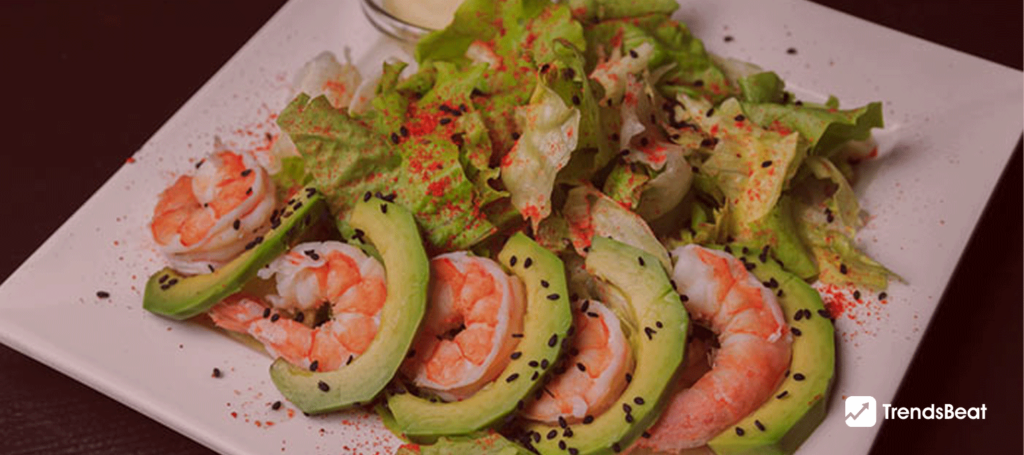




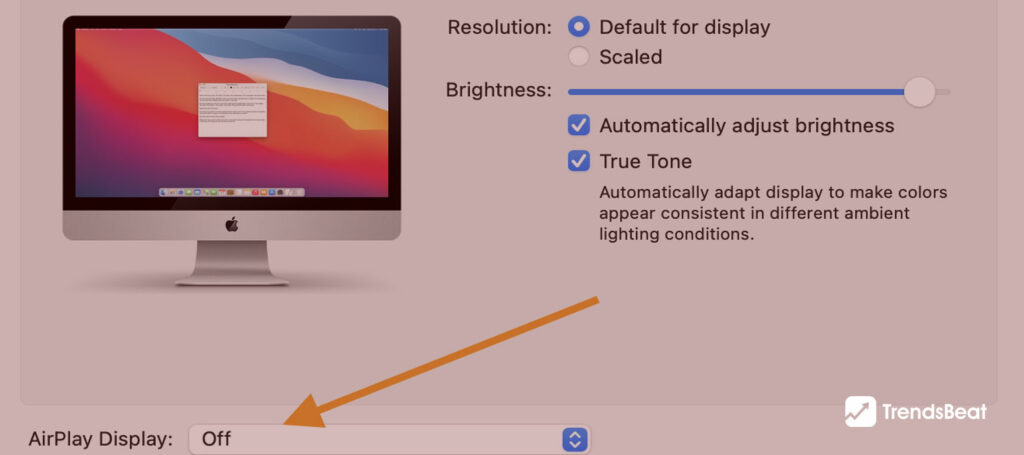














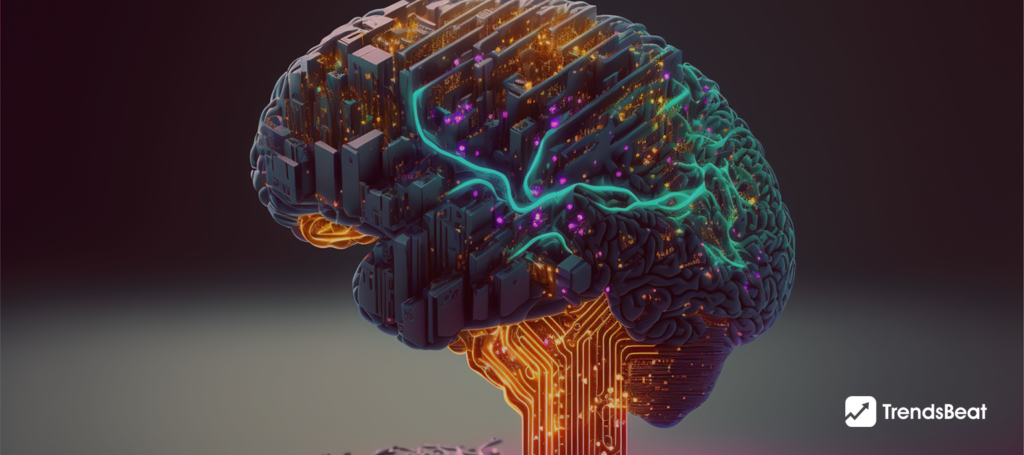








































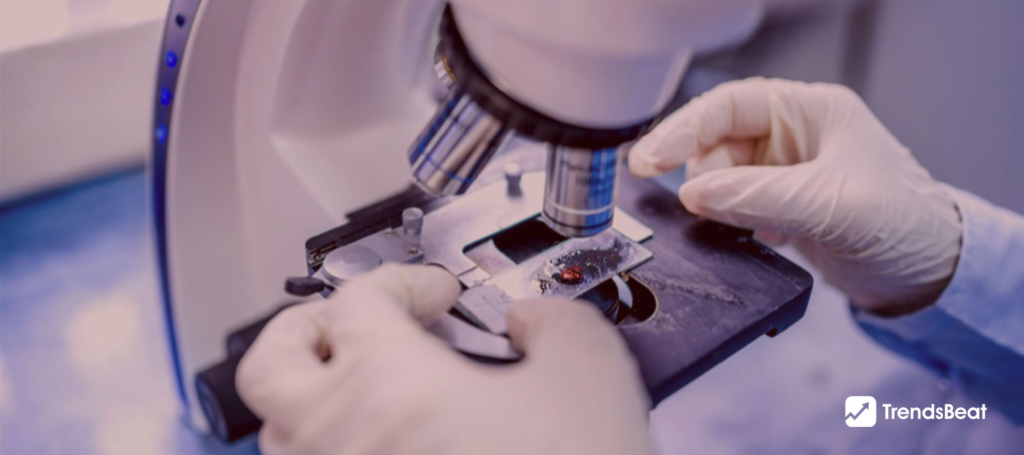



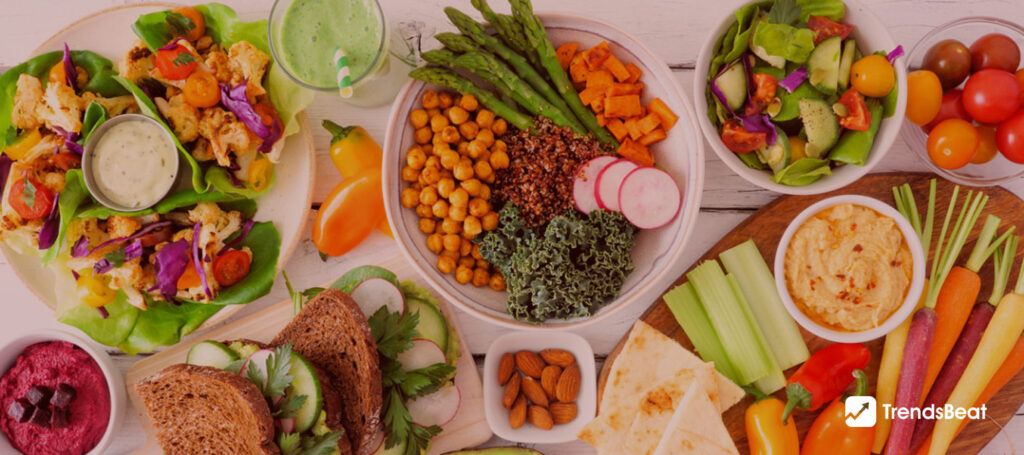

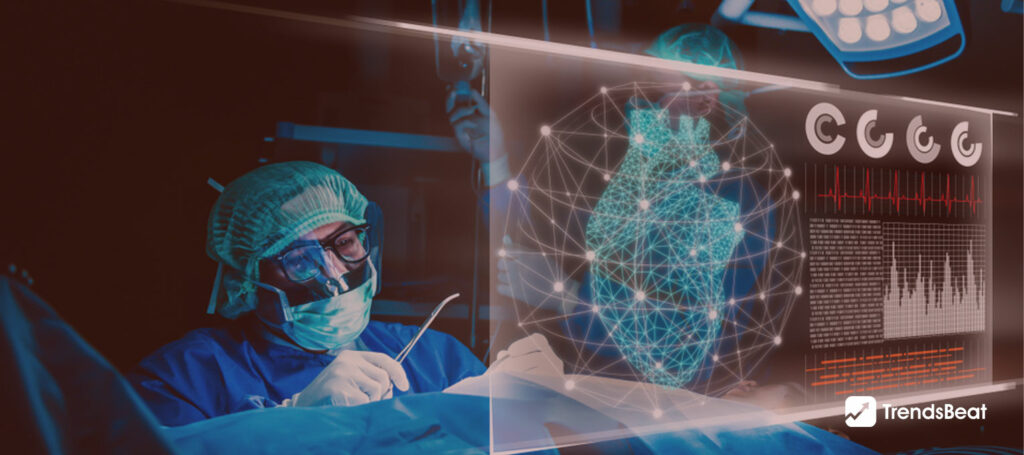
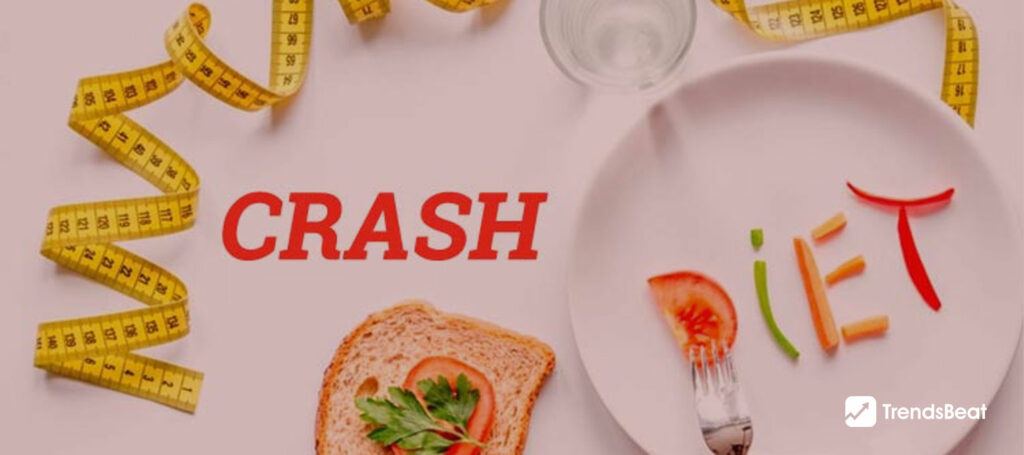








![Essential-Cybersecurity-Tips-for-Small-Businesses-[Protect-Your-Data]-TrendsBeat](https://trendsbeat.com/wp-content/uploads/2023/05/Essential-Cybersecurity-Tips-for-Small-Businesses-Protect-Your-Data-feature-image-template-1024x455.jpg)
















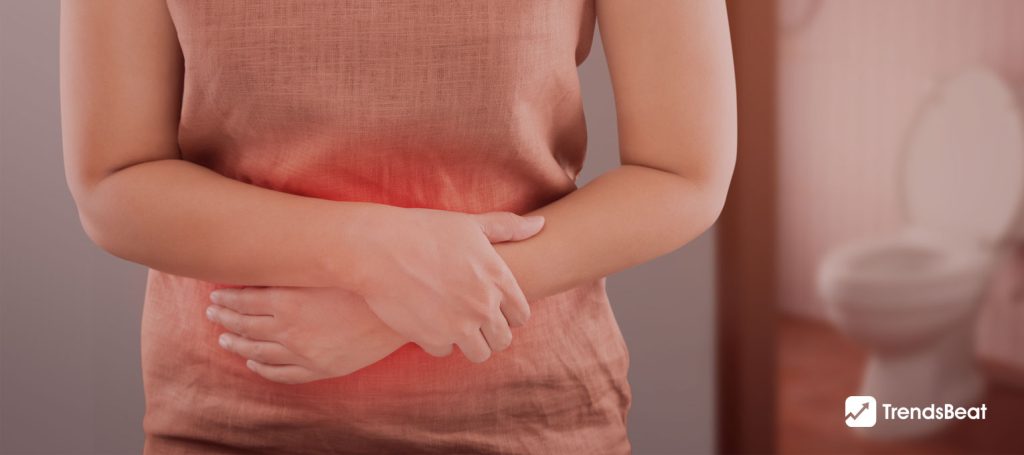
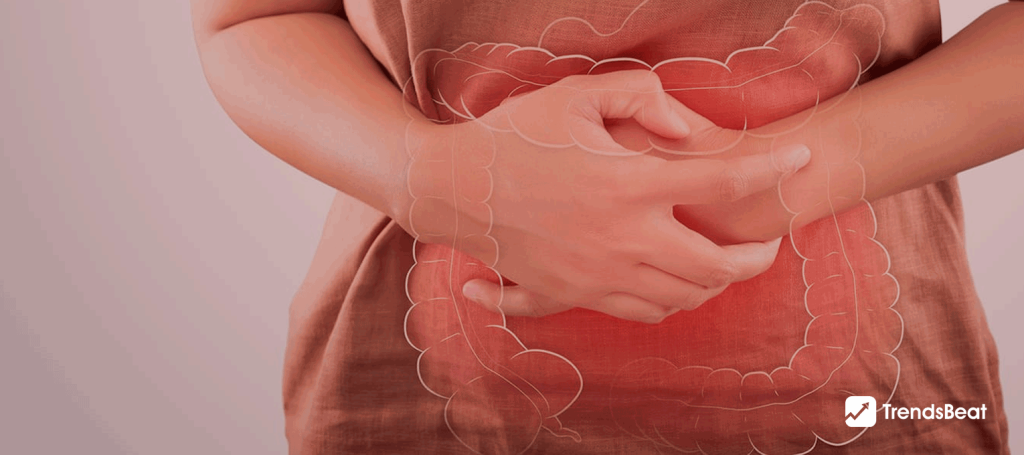
![Top Fitness Trends & Workout Routines to Follow [Stay Fit, Stay Healthy]](https://trendsbeat.com/wp-content/uploads/2023/04/feature-image-Top-Fitness-Trends-Workout-Routines-to-Follow-Stay-Fit-Stay-Healthy-1024x455.jpg)


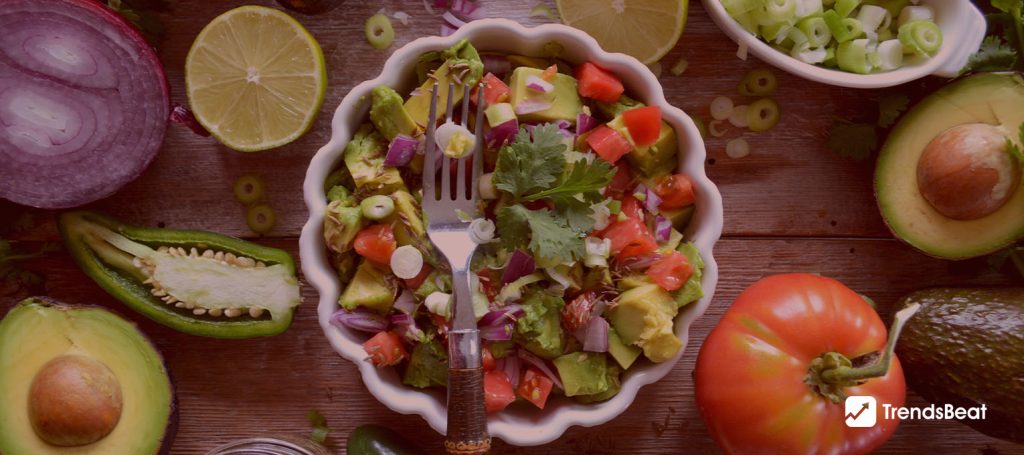


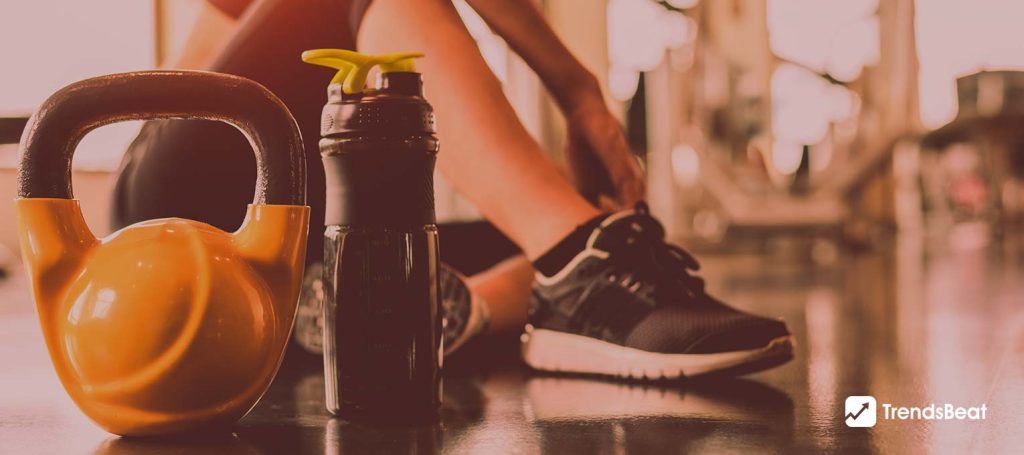


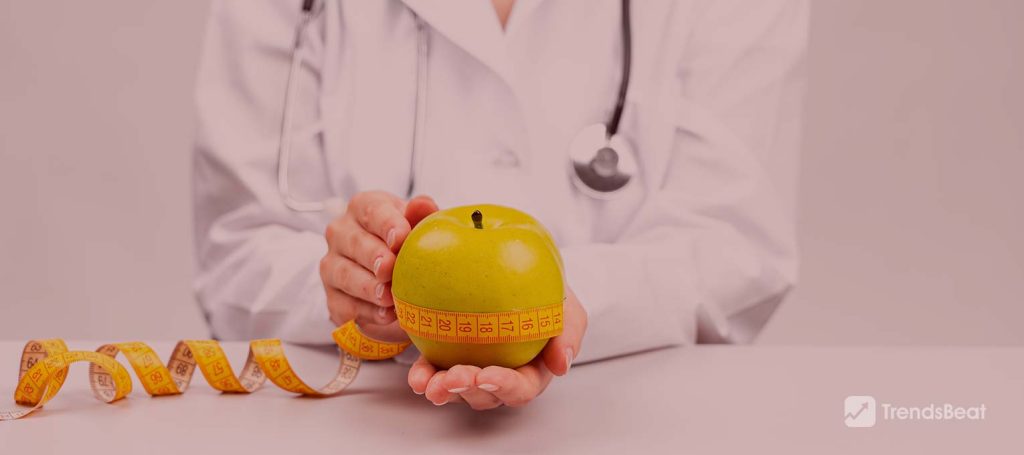

![[Weight Loss Medication Health Effects] Side Effects and Best Advice](https://trendsbeat.com/wp-content/uploads/2023/04/feature-image-Weight-Loss-Medication-Health-Effects-Side-Effects-and-Best-Advice-1024x455.jpg)



